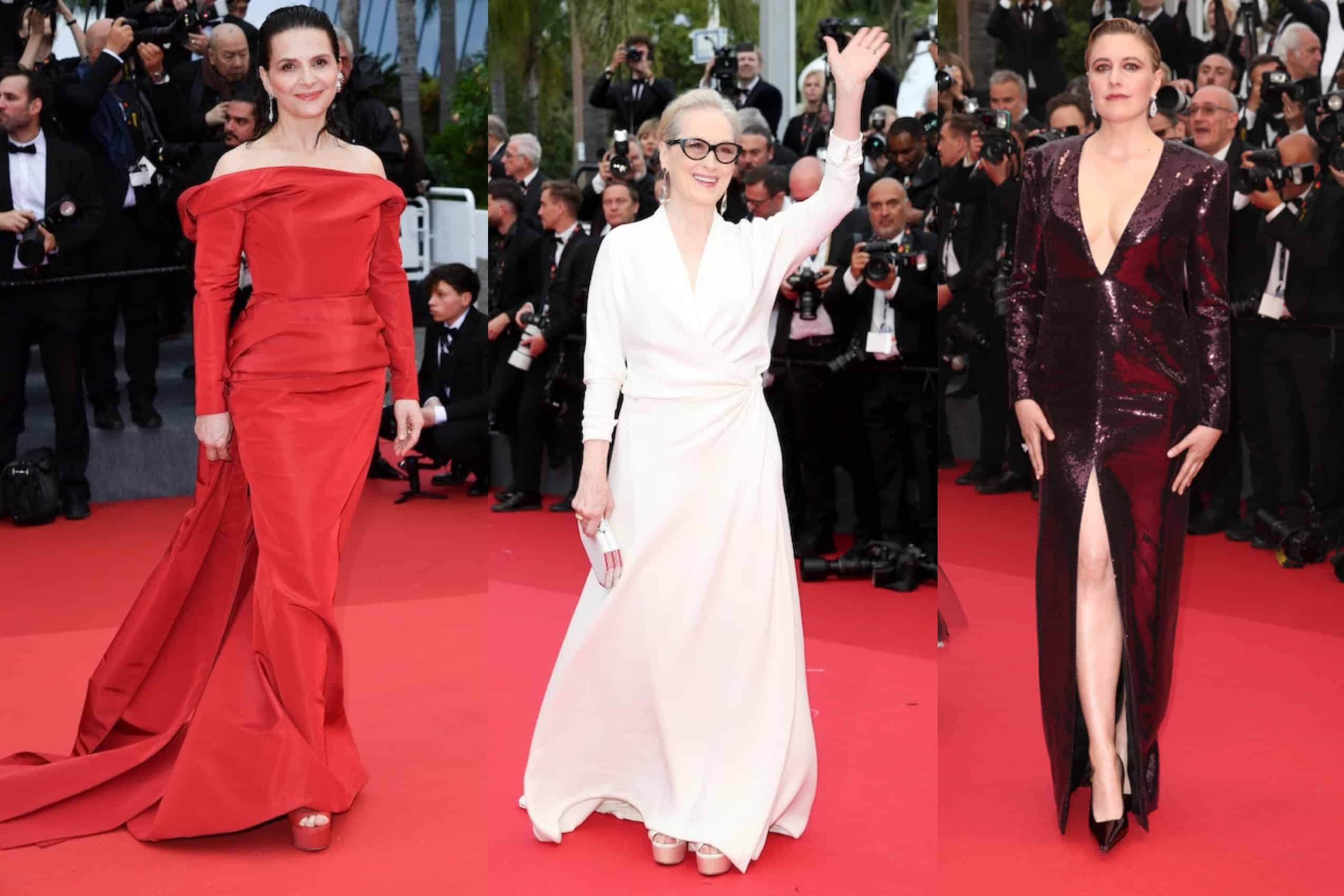Lo, who Lee hated, directed Lee in “The Big Boss” (1971) and “Fist of Fury” (1972) and from that limited, and Lee would suggest over-valued experience, Lo believed he could replicate Lee’s persona as easily as simulating his name: just marry some combination of grim determination with berserker rage, add yips liberally and watch the dollars roll in. But it didn’t work that way and, increasingly, a bored and dispirited Lo gave off directing duties to his protege Chen Chi-Wha who, to his credit, allowed Chan to explore what it meant to be Chan. Chan’s a game Bruce in titles like “New Fist of Fury” (1976), but there are moments in each of the otherwise humorless films from this period with Lo where Chan’s childish, impish sense of humor leaks through. Chan was never a destroyer of men: he’s a clown and a hustler, interested in adolescent flirtations and in constant need of learning new skills because he’s constantly being found to be deficient. Where Lee is invulnerable, Chan is constantly in agony; where Lee is driven by the taste of his own blood, Chan is inspired by a little tipple or a slug of bong water; Lee ennobled by the voices of ancestor warriors, Chan coached by a gang of pink-haired ghosts he masters by pissing on them. Truly, “Spiritual Kung Fu” (Lo Wei, 1978) is one of the most peculiar films of Chan’s career. Well, until it isn’t.
Chan’s tension between the person Lo hoped he could be and the person he was came to a head in that same year, 1978, when Chan choreographed and starred in seven feature films. (The only year in which he made more films was 1973 in which he appeared in 12, though most of those were as un-credited “thug” extras on films for which he hadn’t yet assumed fight coordinator duties.) In that one year, 1978, in addition to “Spiritual Kung Fu,” Chan starred in “Half a Loaf of Kung Fu” (Chen Chi-Hwa), in fellow Peking Opera-alumni Yuen Woo-Ping’s “Snake in Eagle’s Shadow,” “Snake and Crane Arts of Shaolin” (Chen Chi-Hwa), “Magnificent Bodyguards” (Lo Wei), “Huo shao shao lin men” (Nam Seok-hoon) and his breakthrough picture “Drunken Master” (Yuen Woo-Ping). “Drunken Master’s” success led to Chan’s first directing duty in the next year’s “Fearless Hyena” (1979). Between the two films, a star – some would say the greatest action star the world has ever seen in terms of just the sheer numbers of people who flocked to see him perform – was well and truly born. After it, duly ennobled by a few more years of unprecedented success, Chan left in the middle of filming “Fearless Hyena II” (1983) to join with upstart production company Golden Harvest, a slight Lo Wei met with threats of Tong retribution. The first Jackie Chan movie I ever saw was a VHS bootleg of “Fearless Hyena” my parents procured from a local Vietnamese grocer when I was 10. Dubbed in a language I didn’t speak (Cantonese?) I remember trying to do a trick on a banister where Chan flips over it backwards, then forwards into a basket. It didn’t go well but Chan, as was his habit, made it look so easy.
Criterion’s new collection tells the story of Chan’s emancipation and early glory in a collection six films: “Half a Loaf of Kung Fu” which plays like a tribute to Looney Tunes, Popeye, and Andrew Lloyd Webber; “Spiritual Kung Fu,” the one with the pink-haired ghosts and the pee; “The Fearless Hyena” in which Chan gets to direct himself for the first time and its sequel that had to be finished with doubles and outtakes when Chan defected; then “The Young Master” (1980) and “My Lucky Stars” (1985) that established him as one of the distinctive talents of this generation. Two films before his mature period, two films right in the heart of his transition, and two films during a superstar era that found him titanic in every market except for the United States where he tried, twice, to breakthrough in a pair of “Cannonball Run” movies, but was sent packing in humiliating sidekick roles as, of all things, a Japanese mechanic. Chan’s shtick is to some degree self-deprecation but never humility. There’s an arrogance to his feats of impossible derring-do; to the ease with which he runs up a ferris wheel in “My Lucky Stars” for instance, or how he casually crab walks himself up the walls of a blind alley in “The Young Master.” I think the cruelest pill for him to swallow was, and remains, the extent to which Hollywood has perfected the art of castrating and infantilizing Asian men.
You can view the original article HERE.

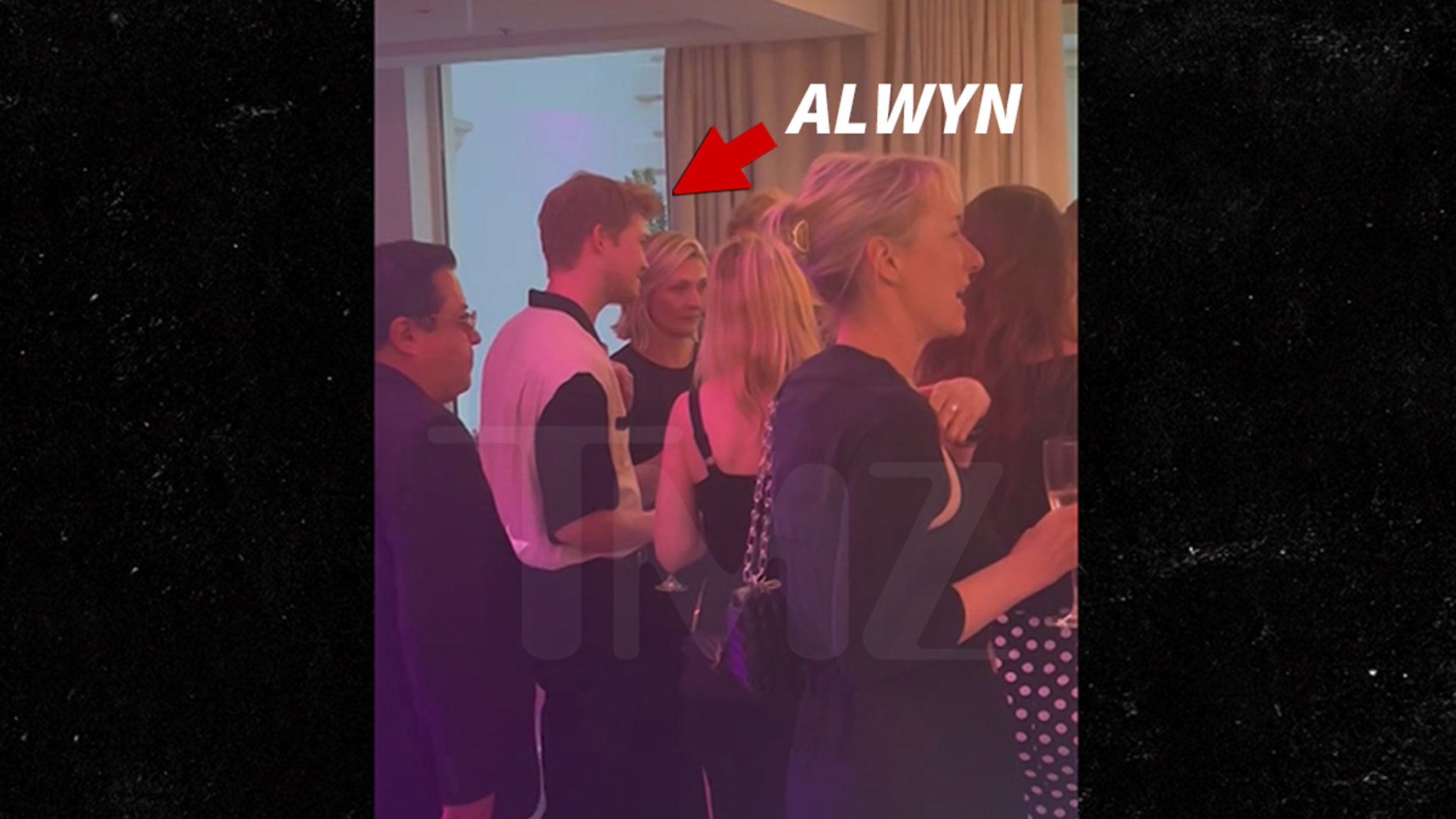

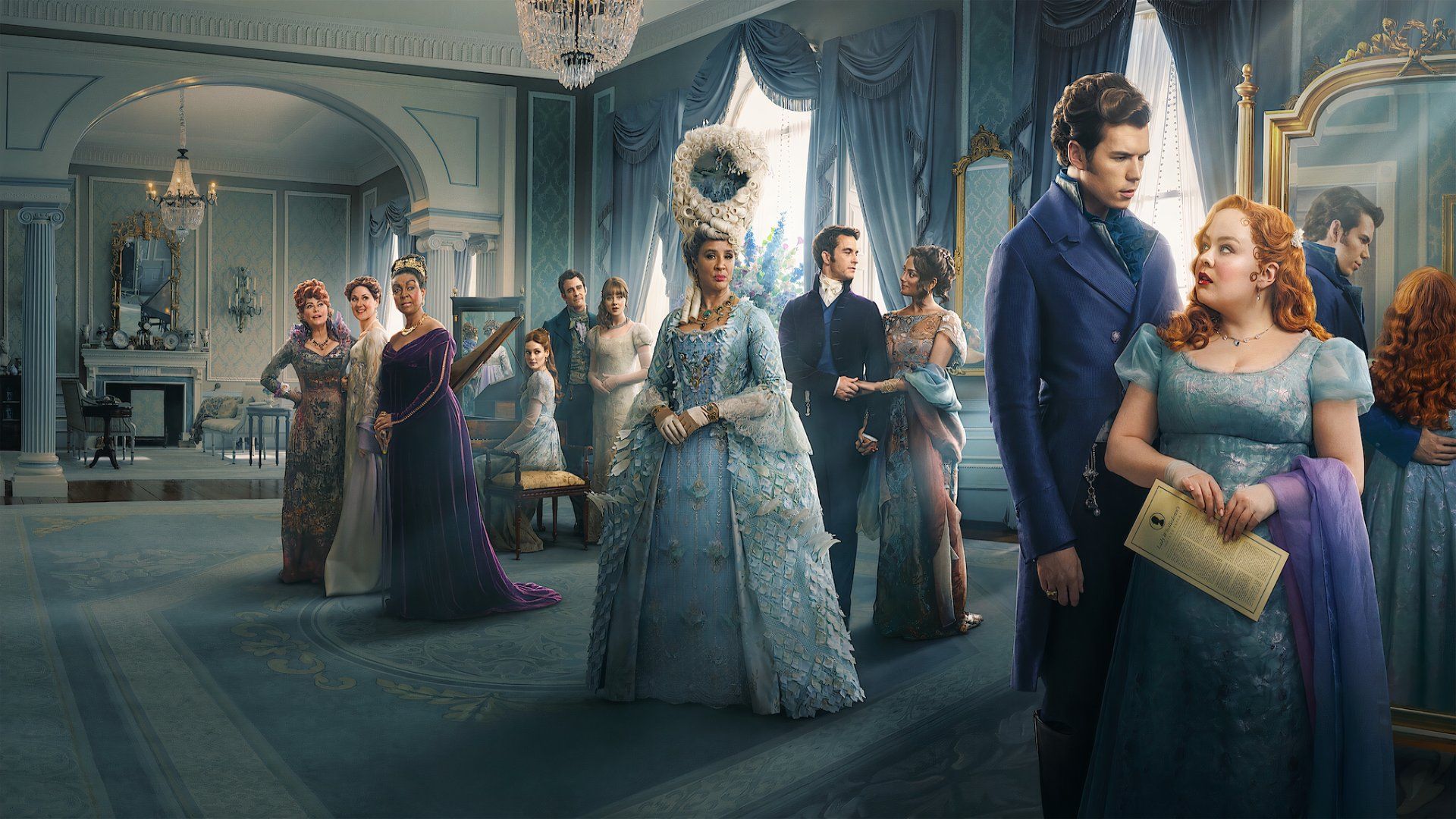
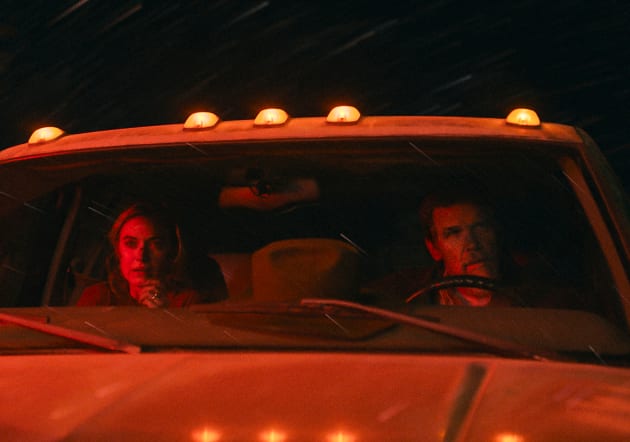

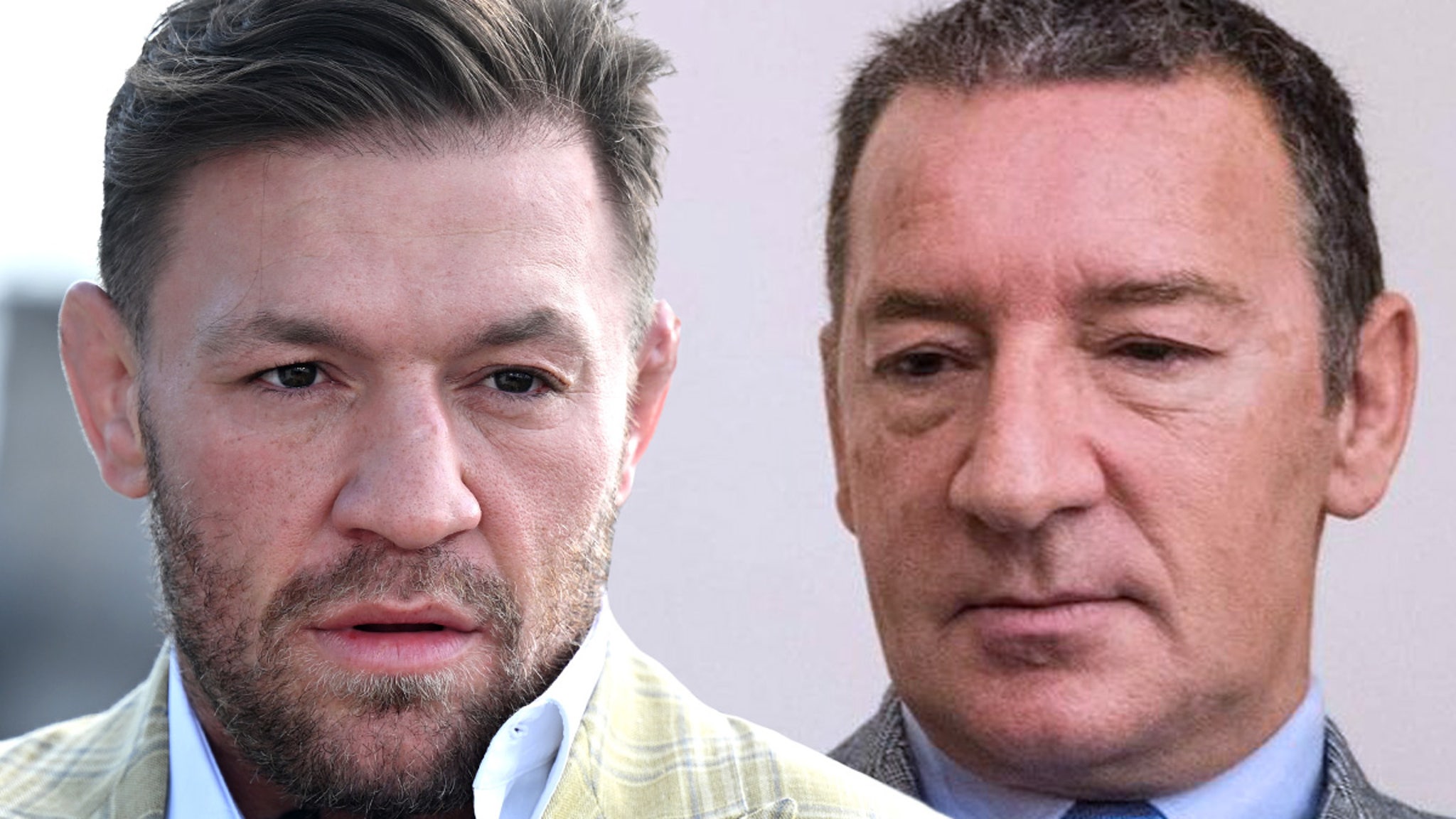
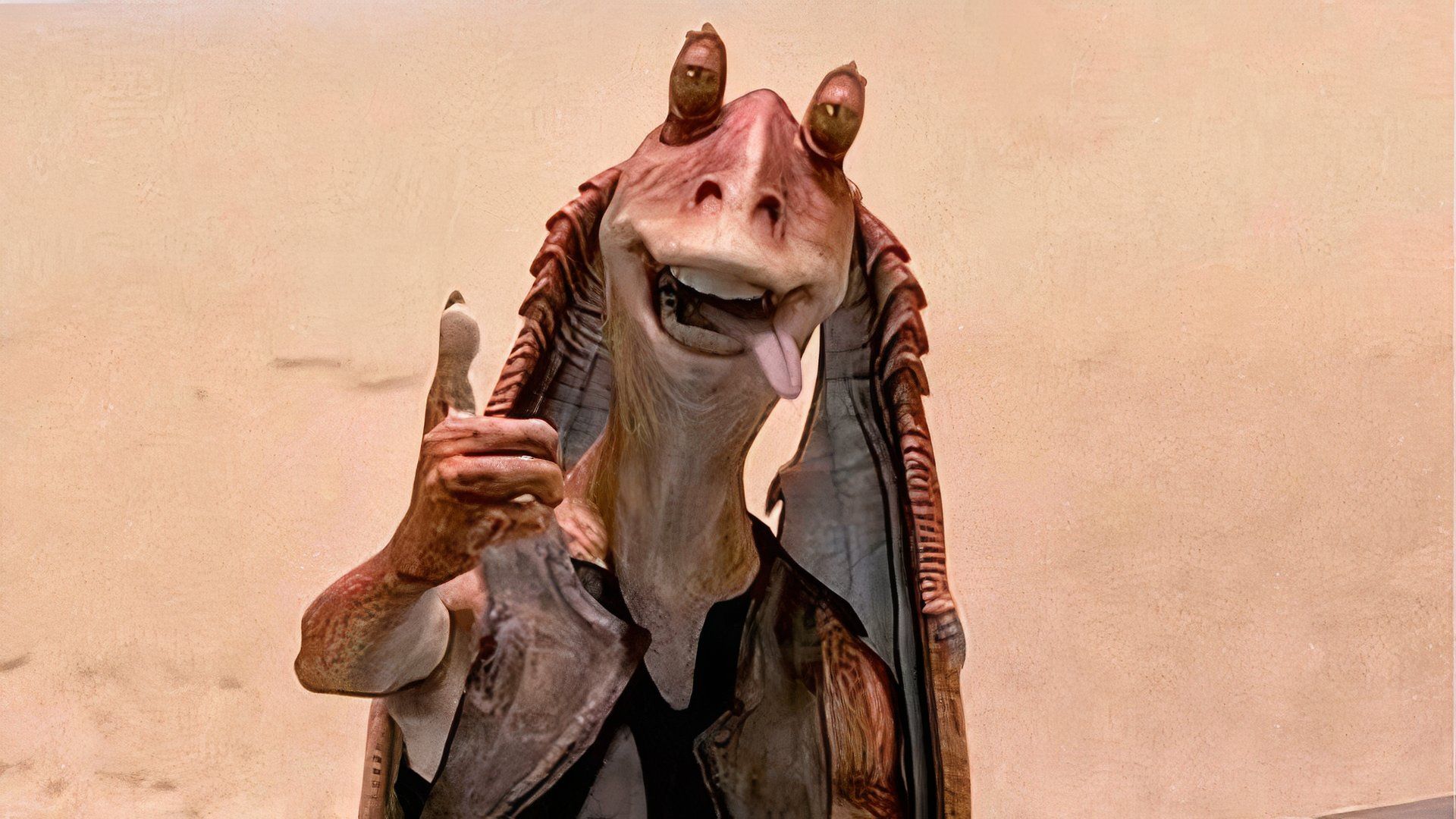
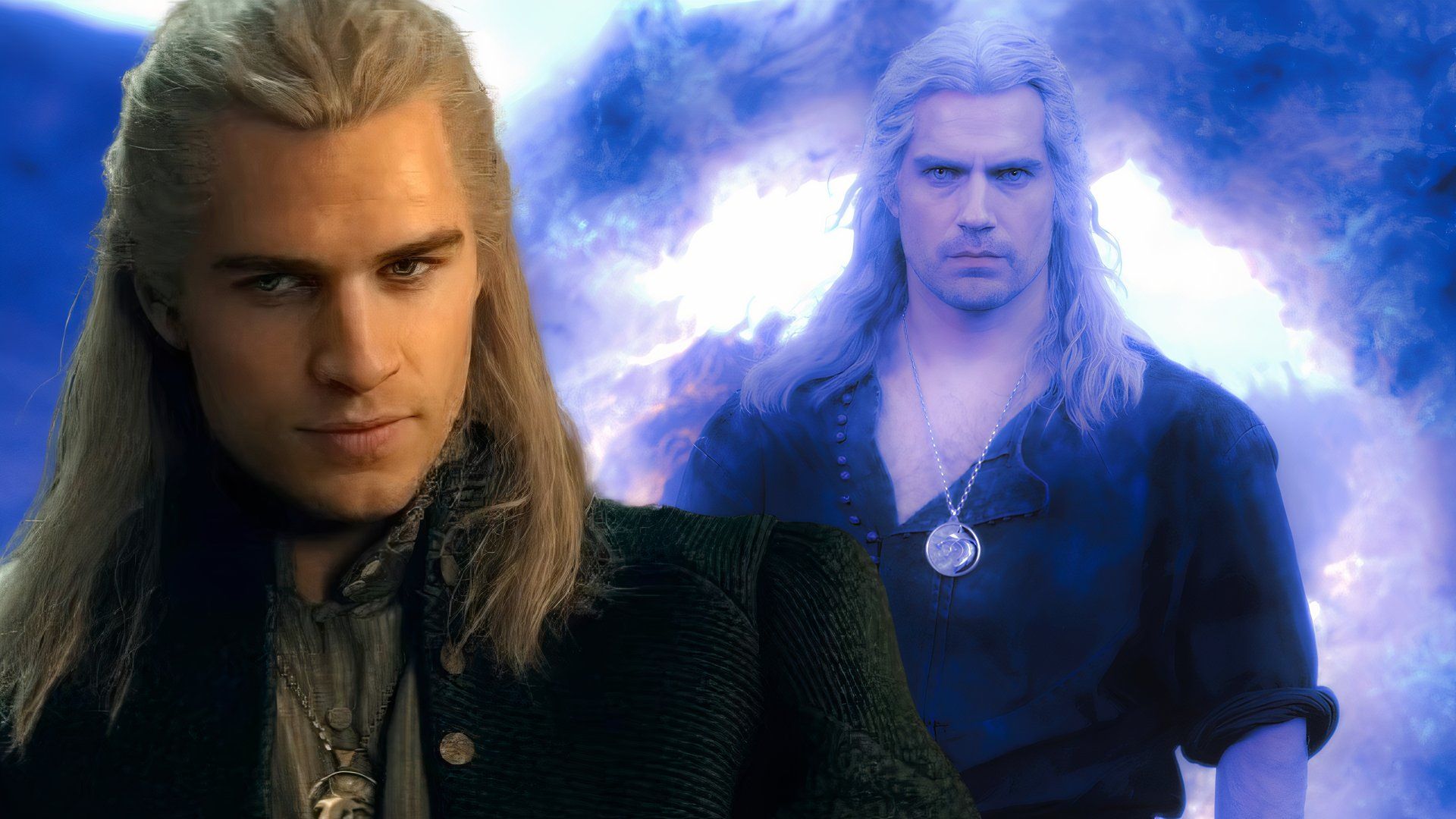

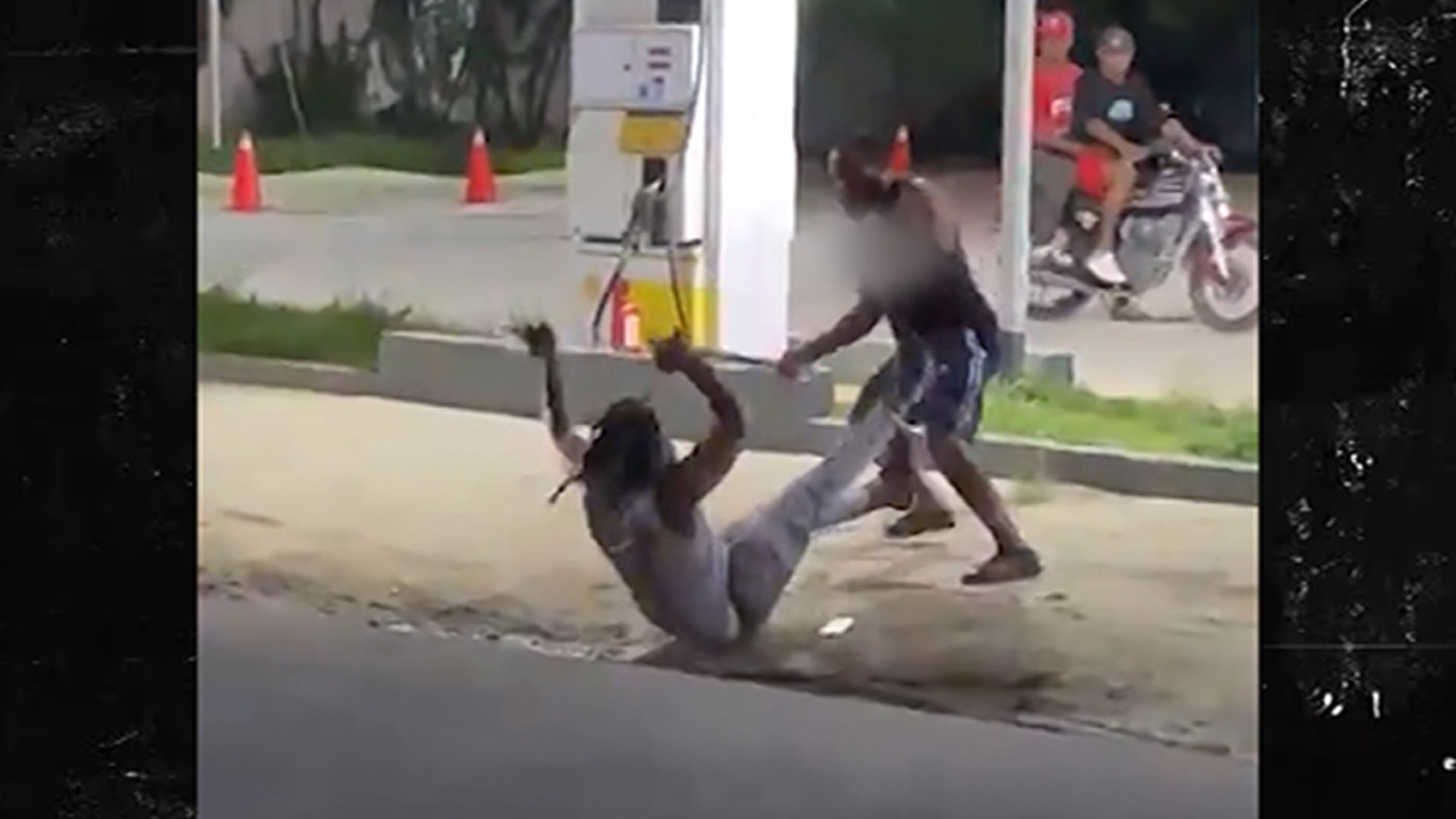

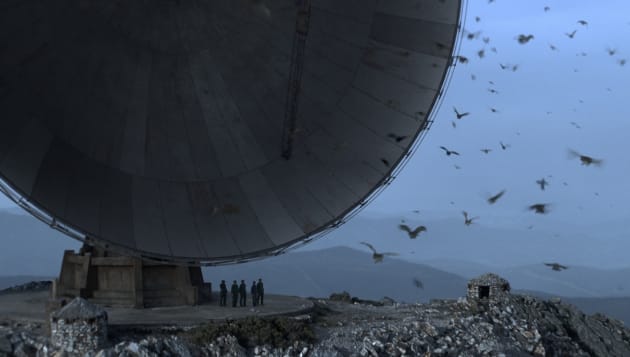
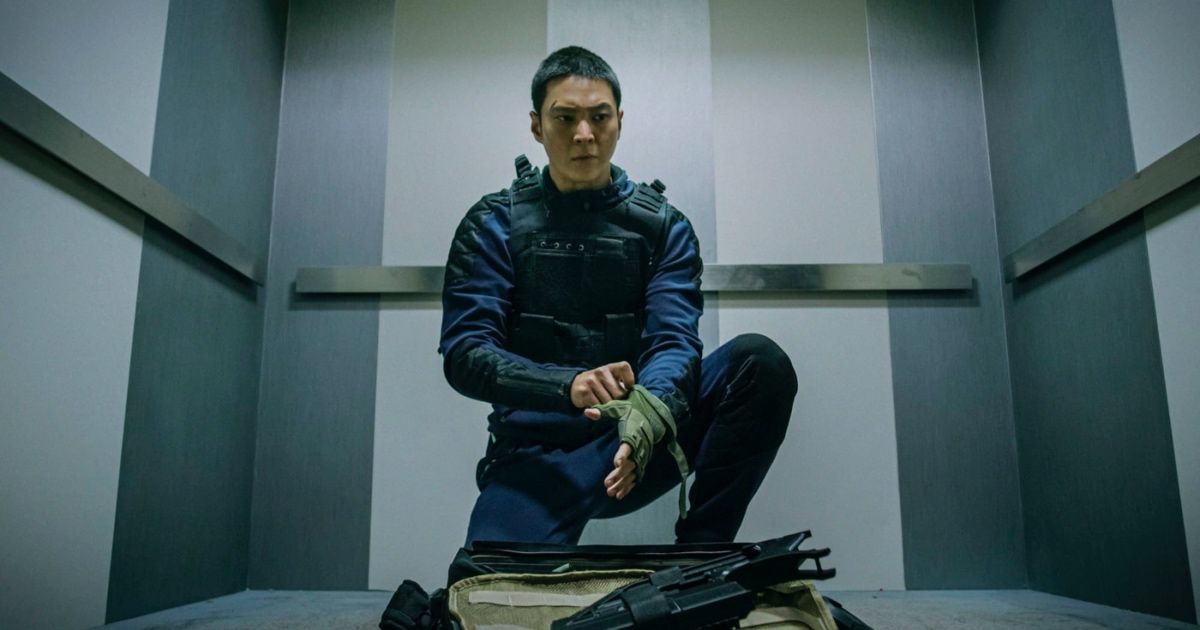
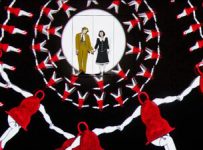


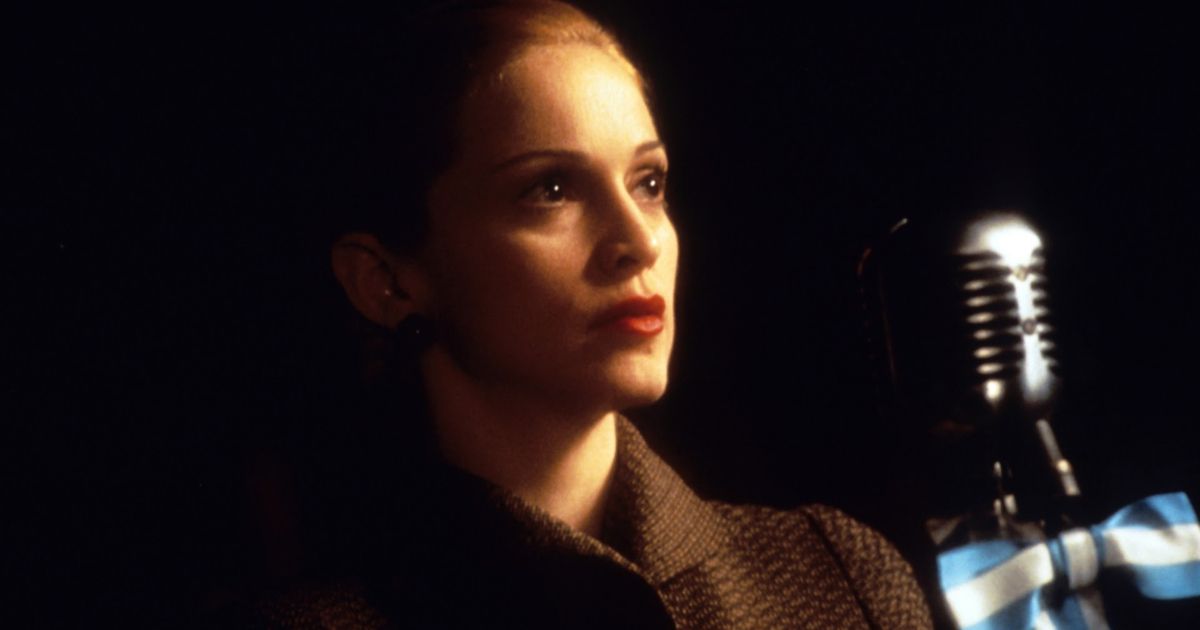
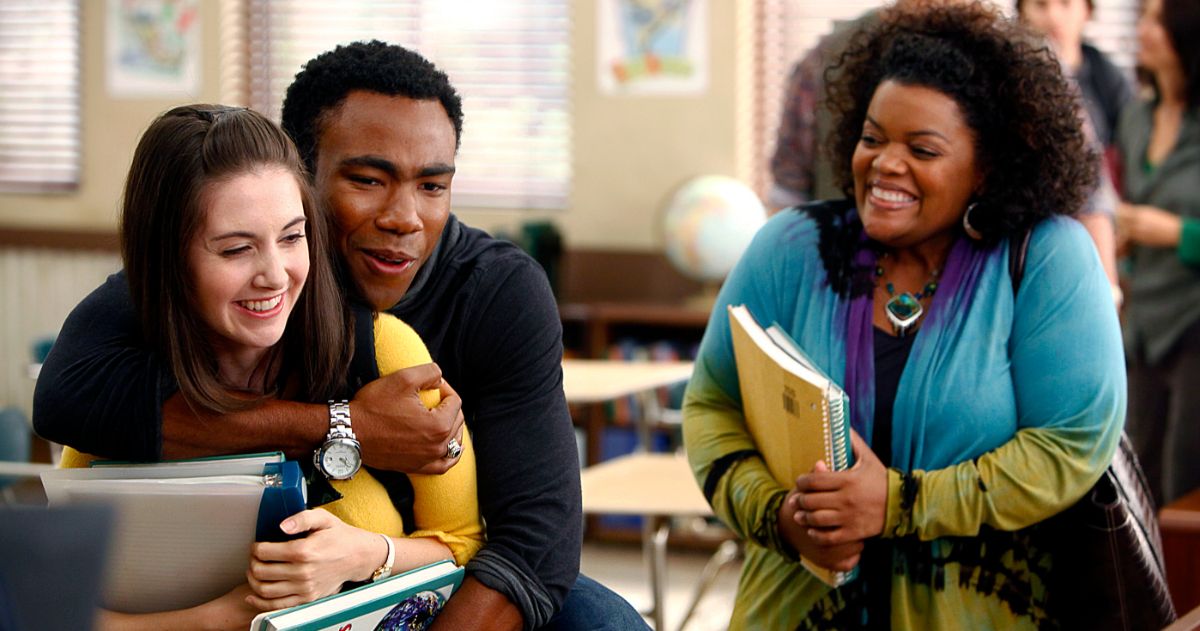
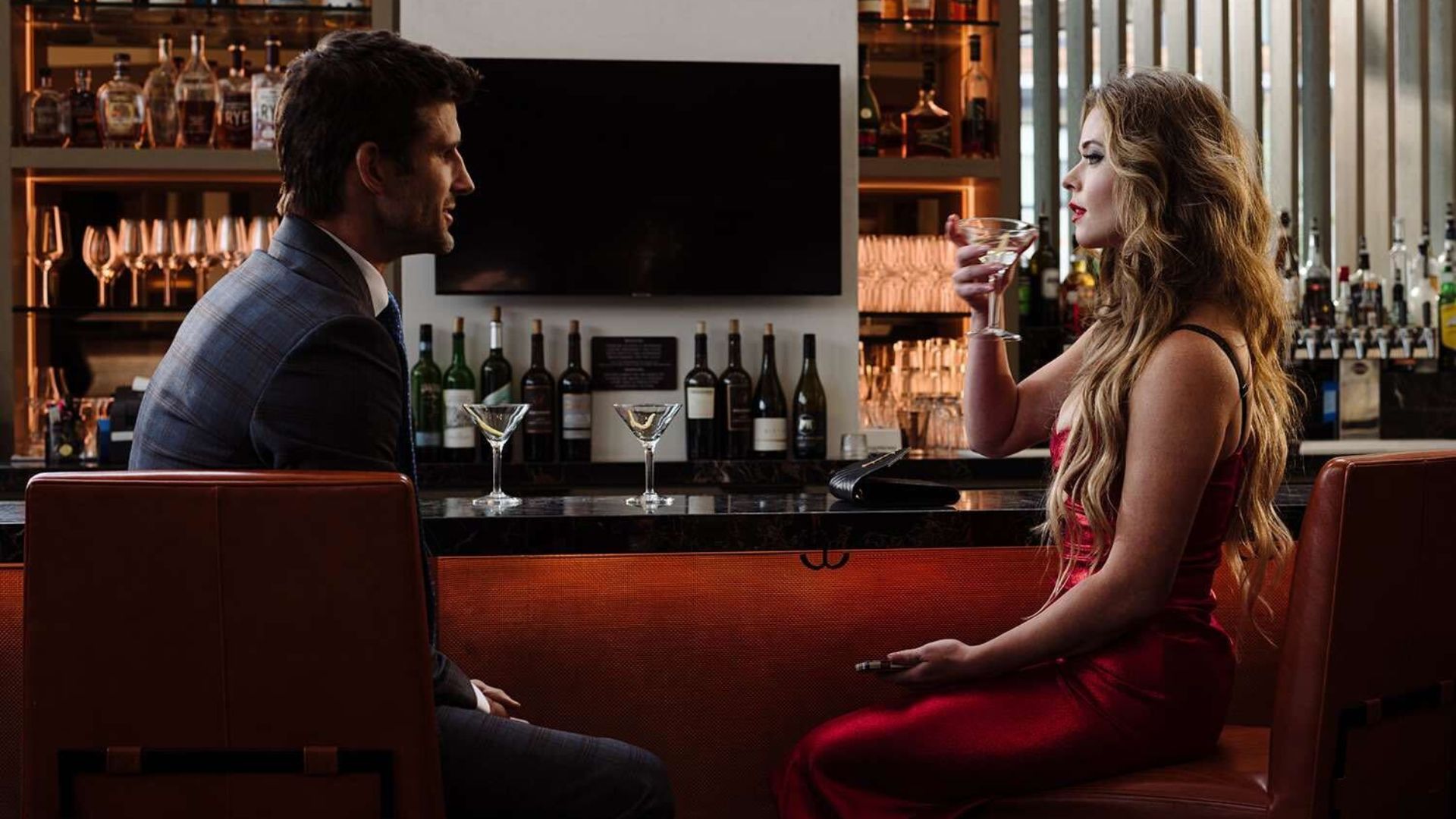


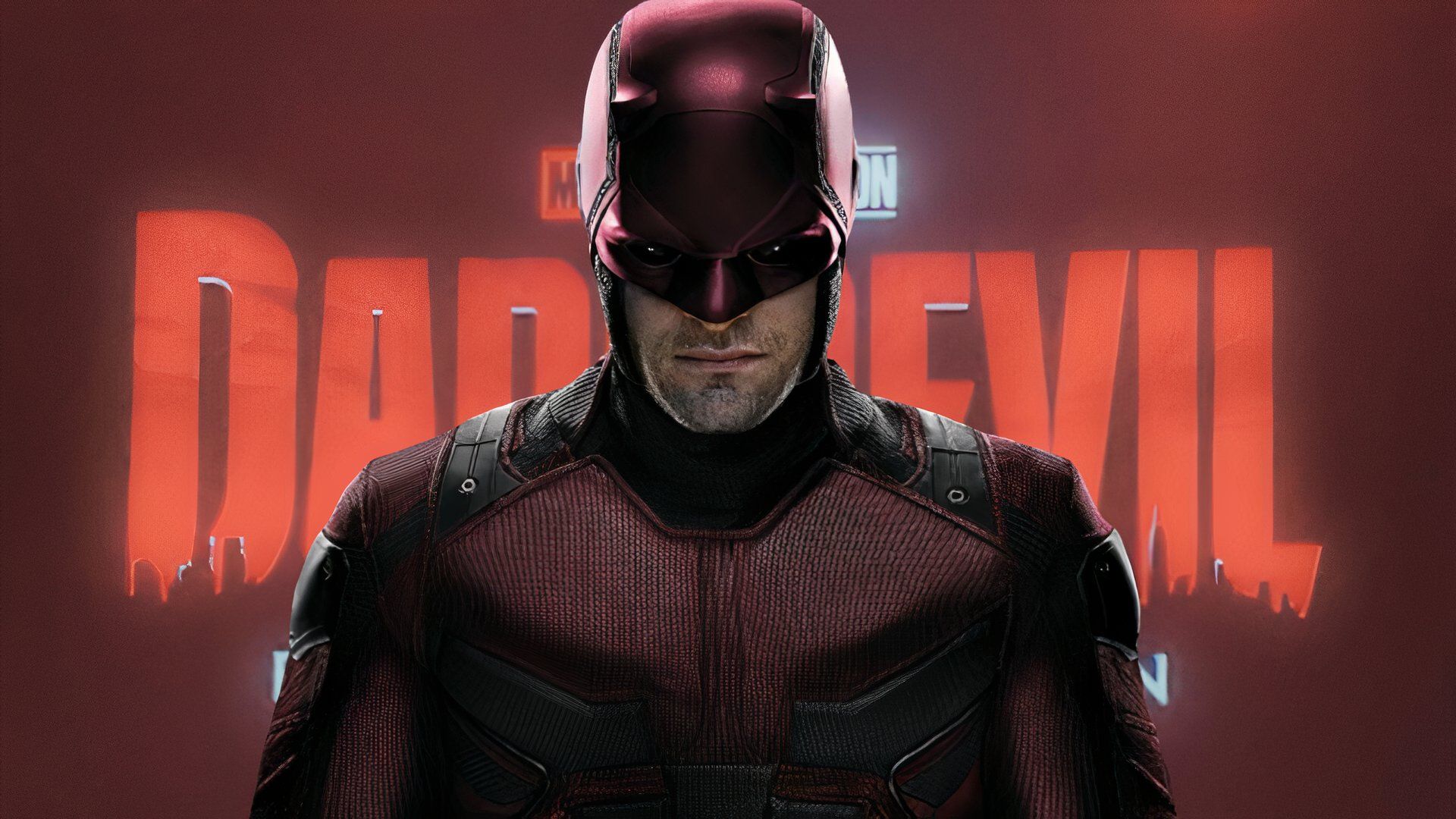
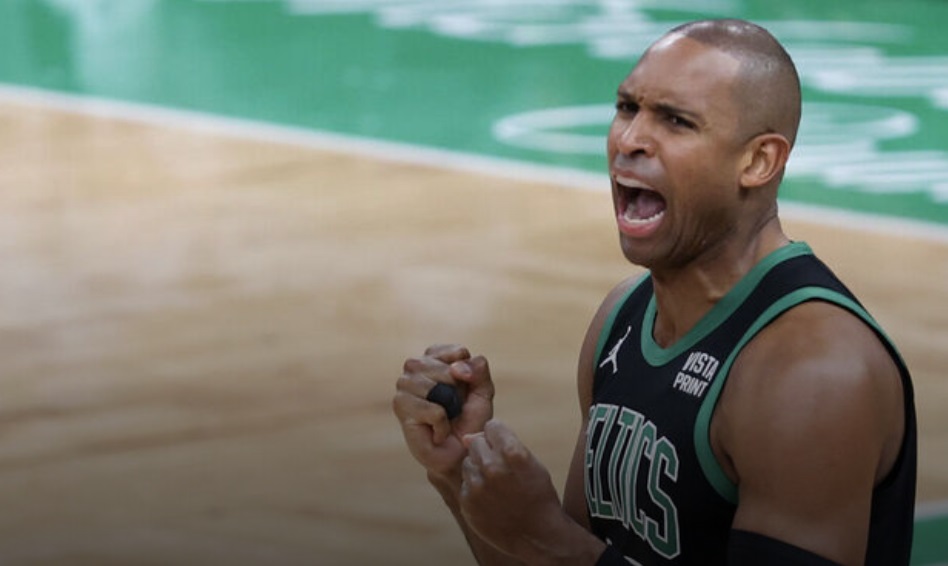
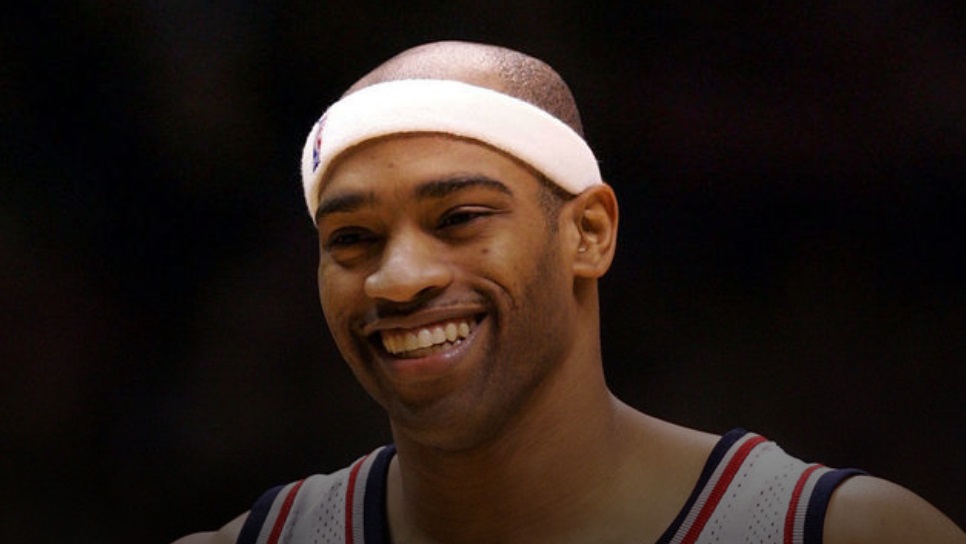
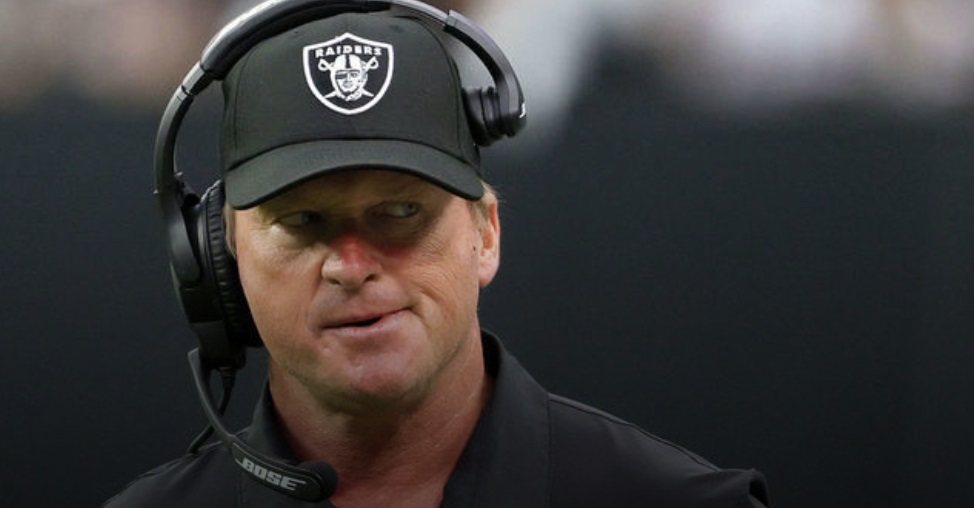


:quality(85):upscale()/2024/05/16/797/n/1922564/1e936a7d66464b9d1a0d10.77072800_.jpg)

:quality(85):upscale()/2024/05/13/862/n/1922564/b82e99d066426d041c6446.06021139_.jpg)
